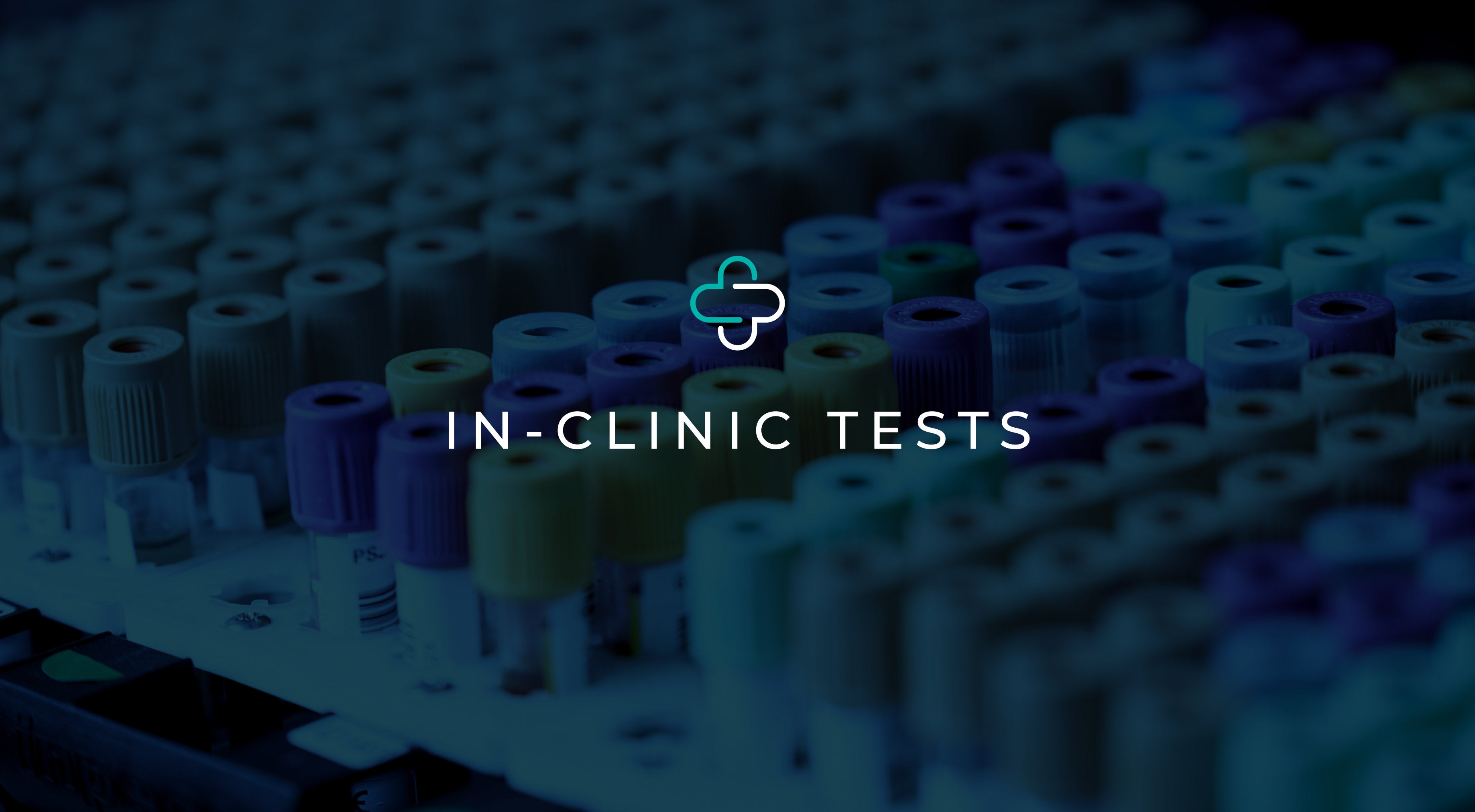When you complete a triglycerides blood test at Medilabs, your results are reported in mmol/L, the standard unit of measurement in the UK. These readings show whether your triglyceride levels are within a healthy range or if there are signs of elevated triglycerides levels. Understanding your results helps you take steps to protect your heart, circulation, and overall metabolic health.
· Normal triglyceride levels (below 1.7 mmol/L)
If your results show normal triglyceride levels, it means your body is managing fats in the bloodstream effectively. This is typically associated with a lower risk of cardiovascular disease, stroke, and other lipid-related health problems. Even with a normal result, regular monitoring of your triglycerides levels is recommended if you have other risk factors such as diabetes, high cholesterol, or a family history of heart disease.
· Borderline to elevated triglyceride levels (1.7 – 2.9 mmol/L)
Results in this range may indicate that your triglycerideds level is higher than ideal. Factors such as poor diet, lack of exercise, excess alcohol intake, being overweight, or certain medical conditions can contribute to elevated triglyceride levels. While this may not cause immediate health problems, it is a sign that changes to your lifestyle could help lower your triglyceride levels and prevent progression to high tiglycerides.
· High triglycerides (3.0 mmol/L and above)
A reading of 3.0 mmol/L or more is considered triglycerides high in the UK and significantly increases the risk of heart disease, stroke, and pancreatitis. Persistent high tiglycerides can damage blood vessels and cause inflammation in the pancreas, which may become life-threatening if not addressed. Very high results (above 5.6 mmol/L) require urgent medical attention, and treatment may include dietary changes, exercise, and in some cases, medication.
At Medilabs, your triglycerides lab test results are interpreted by experienced clinicians. If your triglycerides test shows elevated triglycerides levels or triglycerides high, we provide personalised advice, further testing where necessary, and a clear plan to help bring your triglycerides levels back into a healthy range.





